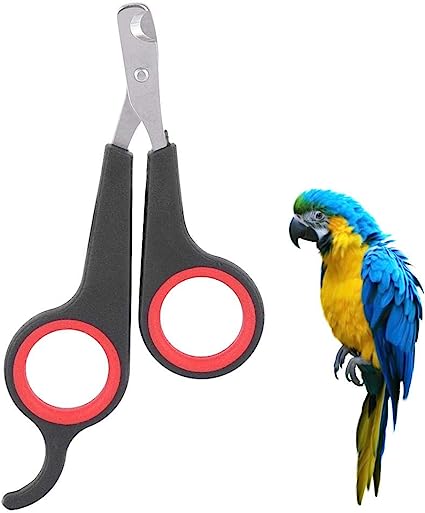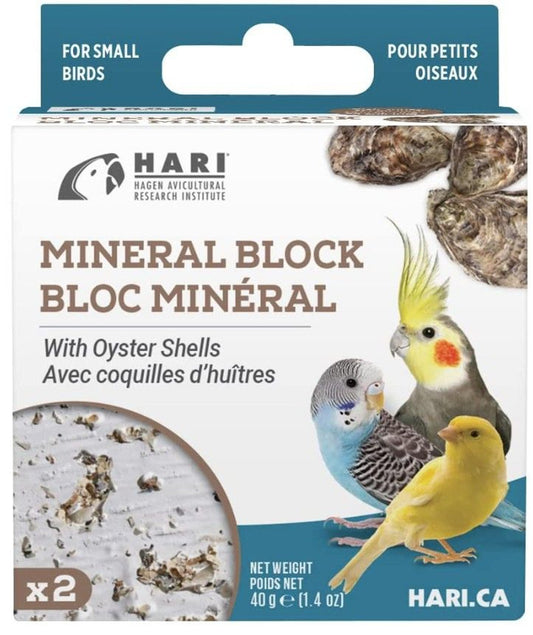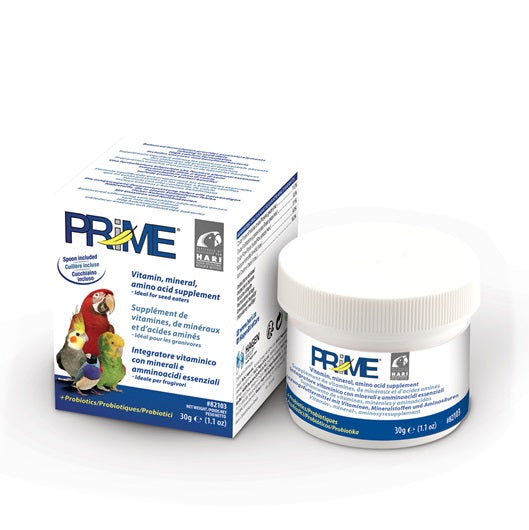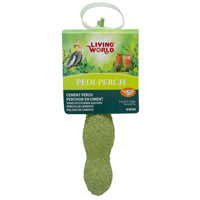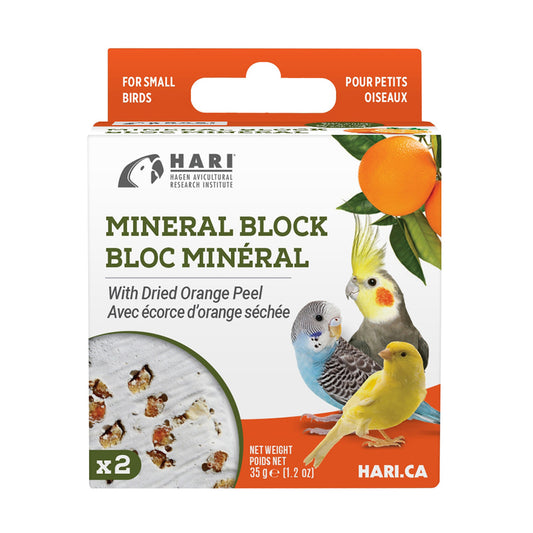
Parrotlets, often dubbed as "pocket parrots," are pint-sized bundles of vibrant plumage and captivating personality. Despite their small stature, these little parrots exude a captivating charm that has won over the hearts of bird enthusiasts worldwide. Let's delve into the fascinating world of these miniature marvels:
General Description: Parrotlets may be diminutive in size, but they pack a punch of personality and color. With their vivid feathers that span a rainbow of hues, parrotlets stand as an embodiment of beauty in a compact form. Their playful antics and engaging interactions make them a beloved choice among avian aficionados.

Life Span: In their native habitat, parrotlets have an average life span of around 15 to 20 years. Under proper care and attention, captive parrotlets often enjoy longevity exceeding 20 years, becoming cherished members of their human families.
Habitat and Distribution: Originating from the tropical regions of Central and South America, parrotlets can be found in lush woodlands, forests, and savannas. These tiny parrots flourish in countries like Mexico, Ecuador, and Peru, where they showcase their vibrant colors against verdant backdrops.

Size and Appearance: At their full-grown size, parrotlets measure a mere 4 to 5 inches, making them one of the smallest parrot species. Despite their tiny frame, their colorful plumage and expressive features are sure to capture anyone's attention.
Appropriate Enclosure Size: Creating a comfortable and enriching environment is crucial for the well-being of parrotlets. A cage measuring around 18 inches in width, 18 inches in depth, and 18 inches in height is appropriate for a single parrotlet. Offering ample space for movement and flight helps promote their physical and mental health.
Temperature and Humidity Requirements: Parrotlets thrive in temperatures ranging from 65 to 80 degrees Fahrenheit. While they are adaptable to a variety of humidity levels, maintaining a moderate level of humidity can enhance their overall well-being.
Substrate and Bedding Requirements: Using bird-safe bedding or newspaper on the cage floor aids in maintaining cleanliness and hygiene. Regular cleaning and substrate replacement are essential for ensuring a healthy living environment.
Toxic Substances: To keep parrotlets safe, avoid exposing them to toxic substances such as avocados, chocolate, alcohol, and household cleaning products. These can have detrimental effects on their health.

Fun Facts:
- Parrotlets possess a playful and curious nature, often engaging in energetic behaviors that belie their small size.
- Despite their small stature, parrotlets have strong personalities and can be quite vocal, expressing themselves through a range of charming sounds and chirps.
- These miniature parrots are known for forming deep bonds with their human caregivers, often enjoying close relationships and companionship.
In the realm of avian wonders, parrotlets shine as pocket-sized gems that bring boundless joy to the lives of those who share their world. By providing them with a loving and stimulating environment that caters to their unique needs, bird enthusiasts can revel in the privilege of sharing their days with these charismatic companions.


